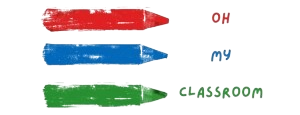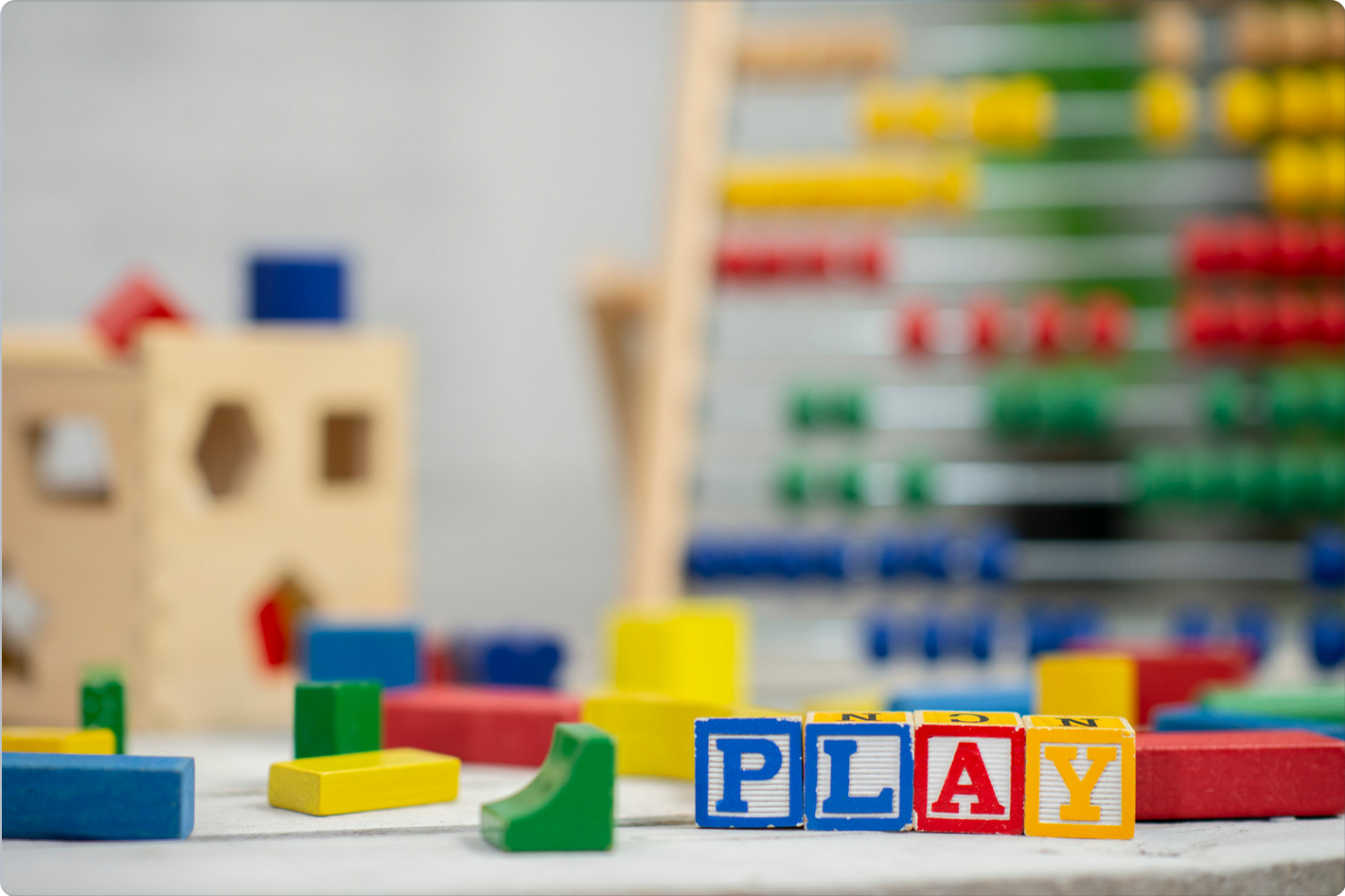Pre-K program is more focused on developing academic skills, specifically early literacy, math, and science skills, in preparation for kindergarten and beyond.
Pre-K programs also typically align their curriculum with state and national standards for early childhood education.
So let’s explore more on the notion “Is Preschool and Pre-K the same thing?”
Preschool and Pre-K are related but they are not the same thing. Both programs provide early childhood education for young children, but they differ in several ways, including the age of the children they serve, the focus of their curriculum, and the academic rigor of their programs.
One of the main differences between Preschool and Pre-K is the academic rigor of their programs.
While both programs provide early childhood education, Pre-K programs provide a more rigorous academic experience that focuses on early literacy, math, and science skills, helping ensure that children are ready for the challenges they will face in school.
Preschool programs, on the other hand, focus more on developing social and emotional skills, although they also provide some exposure to academic concepts.
Age Range: Preschool vs. Pre-K
The age range for Preschool and Pre-K is one of the key differences between the two programs.
Preschool is typically designed for children between the ages of 3 and 4 years old, while Pre-K is designed for children between the ages of 4 and 5 years old.
This age difference is significant because it reflects the developmental differences between younger and older preschoolers.
Younger children may not be developmentally ready for the more academic focus of a Pre-K program, while older children may benefit from the additional academic challenges of a Pre-K program.
Preschool programs are designed to provide a safe and nurturing environment where children can explore their interests and develop social and emotional skills.
In contrast, Pre-K programs are more focused on academic preparation for kindergarten and beyond, with a curriculum that aligns with state and national standards for early childhood education.
Related: Is Preschool Necessary for a 3-year-old?
Pre-K v/s Preschool Cost
The cost of Pre-K and Preschool programs can vary widely depending on factors such as location, program length, and whether the program is public or private.
Generally, Pre-K programs tend to be more expensive than Preschool programs due to their more academic focus and longer program length.
Public Pre-K programs may be available at no cost to families in some areas, while private Pre-K programs can cost thousands of dollars per year.
Here are a few examples of the cost differences between Pre-K and Preschool programs in the United States:
New York City: The city’s public Pre-K program is free for all children who are four years old by December 31st of the current school year. Private Pre-K programs in the city can range from $10,000 to $30,000 per year. Public Preschool programs for three-year-olds are also available at no cost to families, while private Preschool programs can range from $6,000 to $25,000 per year.
Dallas, Texas: The city’s public Pre-K program is free for all children who are four years old by September 1st of the current school year. Private Pre-K programs in the city can range from $7,000 to $15,000 per year. Public Preschool programs for three and four-year-olds are available at no cost to families who meet certain income requirements.
San Francisco, California: The city’s public Pre-K program is free for all children who are four years old by September 1st of the current school year. Private Pre-K programs in the city can range from $10,000 to $25,000 per year. Public Preschool programs for three and four-year-olds are available at no cost to families who meet certain income requirements.
Related: How much does Pre-K cost?
Related: Does Preschool Count as Child Care for Taxes
Benefits of Preschool
Preschool programs offer many benefits for young children. Some of the main benefits of Preschool include:
Development of Social and Emotional Skills:
Preschool provides children with a structured learning environment that is focused on developing social and emotional skills.
By participating in group activities and interacting with their peers, young children are able to develop their social skills and learn how to cooperate with others.
Introduction to School:
Preschool is often the first formal educational experience that young children have outside of their homes.
By introducing children to the concept of school and providing them with a safe and nurturing environment, preschool can help children feel more comfortable and confident in their future educational experiences.
Preparation for Kindergarten:
Preschool programs help children develop the skills they need to succeed in kindergarten and beyond.
By focusing on early literacy, math, and science skills, preschool can provide children with a strong foundation in these subjects and prepare them for the academic demands of kindergarten.
Parental Support:
Preschool programs often involve parents in their child’s learning experience, providing them with the opportunity to engage in their child’s education and support their child’s learning at home.
Related: What are the benefits of 2 year old Preschool?
Benefits of Pre-K
Pre-K programs also offer many benefits for young children. Some of the main benefits of Pre-K include:
Strong Foundation in Academic Skills:
Pre-K programs focus on developing early literacy, math, and science skills, providing children with a strong foundation in these subjects that will prepare them for success in kindergarten and beyond.
Preparation for Kindergarten:
Like Preschool, Pre-K programs prepare children for the academic demands of kindergarten and beyond. By providing children with a more rigorous academic experience, Pre-K programs help ensure that children are ready for the challenges they will face in school.
Alignment with State and National Standards:
Pre-K programs align their curriculum with state and national standards for early childhood education, ensuring that children are receiving an education that meets or exceeds the standards set for their grade level.
Additional Support Services:
Pre-K programs often include additional support services, such as meals and transportation, which can help ensure that all children have access to high-quality early childhood education.
Which Program is Right for Your Child?
Deciding whether Preschool or Pre-K is the right program for your child can be a difficult decision.
There are many factors to consider, including your child’s age, their academic and social-emotional needs, and your own personal preferences and circumstances.
If your child is between the ages of 3 and 4 years old and you are primarily focused on helping them develop important social and emotional skills, then a Preschool program may be the best choice for your child.
Preschool programs are designed to provide children with a safe and nurturing environment where they can explore their interests and develop their independence, while also developing important social and emotional skills.
If your child is between the ages of 4 and 5 years old and you are primarily focused on helping them develop strong academic skills that will prepare them for success in kindergarten and beyond, then a Pre-K program may be the best choice for your child.
Pre-K programs provide children with a more rigorous academic experience that focuses on early literacy, math, and science skills, helping ensure that children are ready for the challenges they will face in school.
Conclusion
While Preschool and Pre-K are related, they are not the same thing. Preschool is designed for children between the ages of 3 and 4 years old and focuses on developing social and emotional skills, as well as academic skills.
Pre-K is designed for children between the ages of 4 and 5 years old and focuses primarily on developing strong academic skills in preparation for kindergarten and beyond.
Both programs offer many benefits for young children, and the choice of which program is right for your child will depend on their age, their academic and social-emotional needs, and your own personal preferences and circumstances.
References
“Effects of Preschool Programs on School Readiness: Evidence from Tennessee’s Voluntary Pre-K Program” by Mark W. Lipsey et al. (2017).
This study examines the effects of Tennessee’s Voluntary Pre-K program on children’s school readiness. The study found that children who participated in the program showed significant gains in early literacy, math, and science skills, as well as social and emotional development.
“The Long-Term Effects of Universal Preschool in a Public School System” by Hirokazu Yoshikawa et al. (2013).
This study examines the long-term effects of New Jersey’s universal preschool program on children’s academic achievement and social-emotional development. The study found that children who participated in the program showed significant gains in math and literacy skills, as well as improved social skills and reduced behavioral problems.
“The Effects of Pre-Kindergarten on Children’s Literacy, Language, and Mathematics Skills: An Analysis of the Tennessee Voluntary Pre-K Program” by Dale C. Farran et al. (2017).
This study examines the effects of Tennessee’s Voluntary Pre-K program on children’s literacy, language, and math skills. The study found that children who participated in the program showed significant gains in these areas, with the greatest gains observed in math skills.


